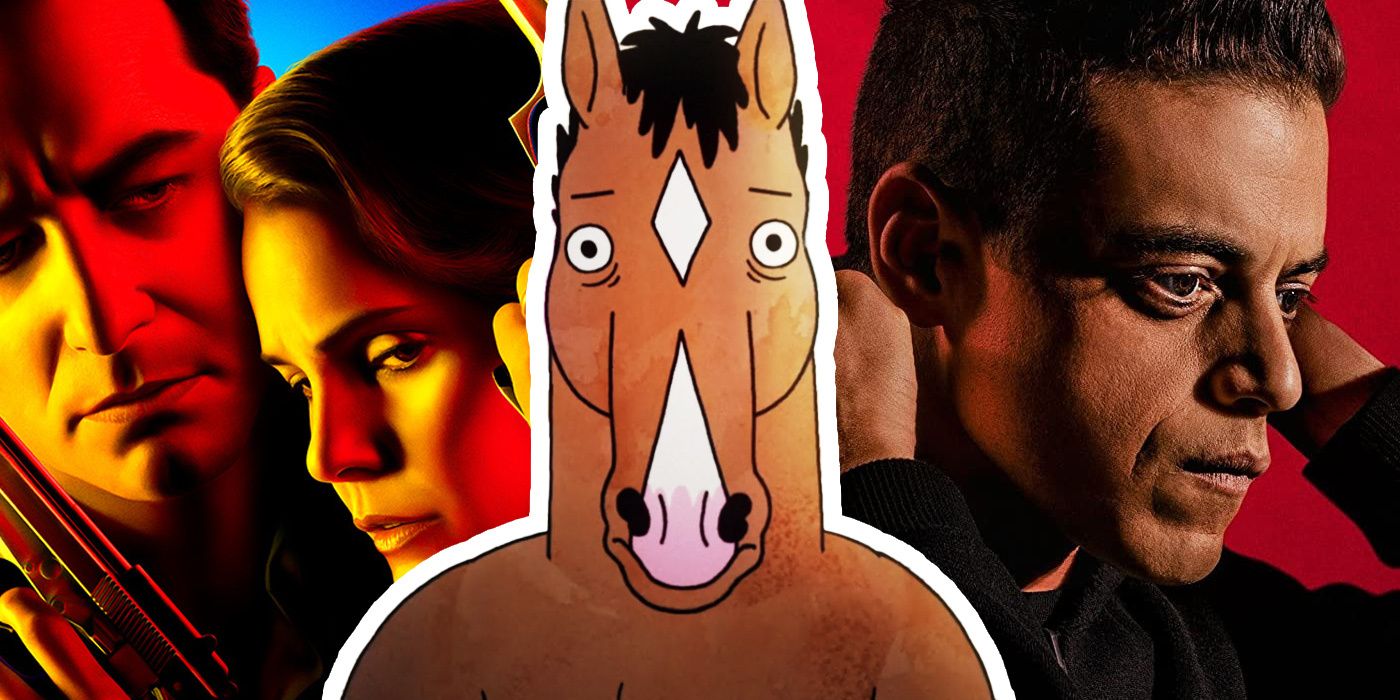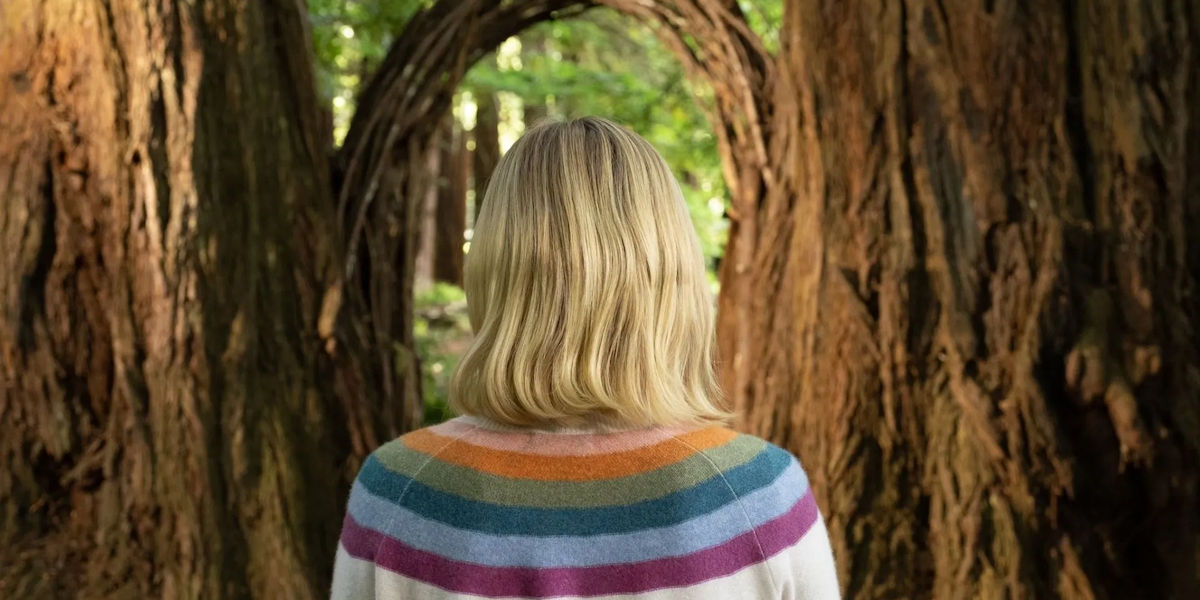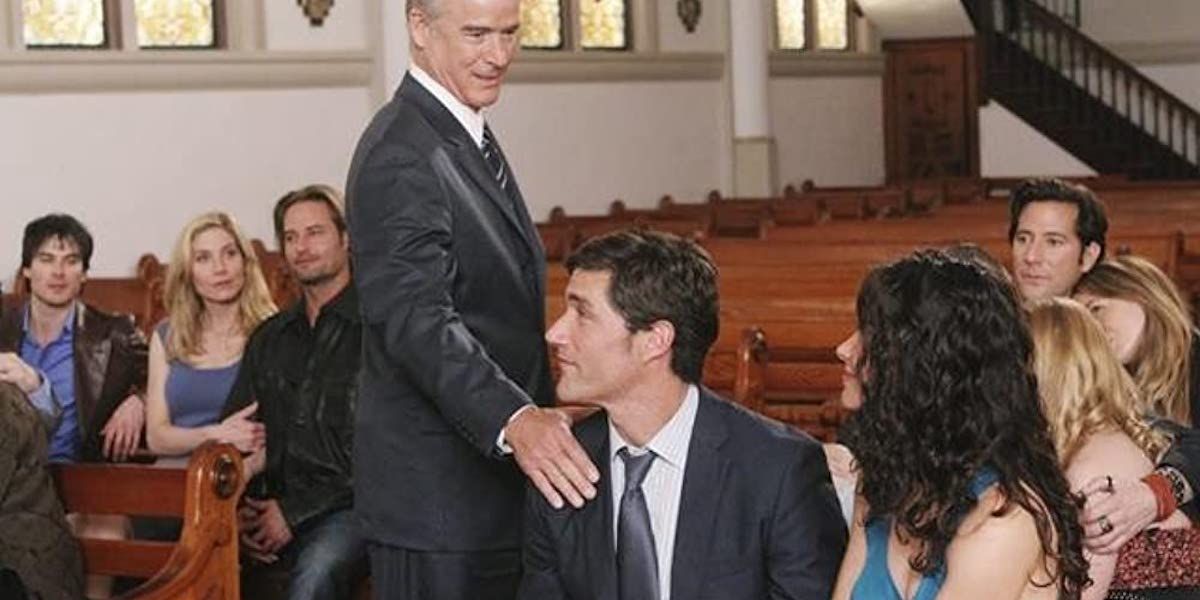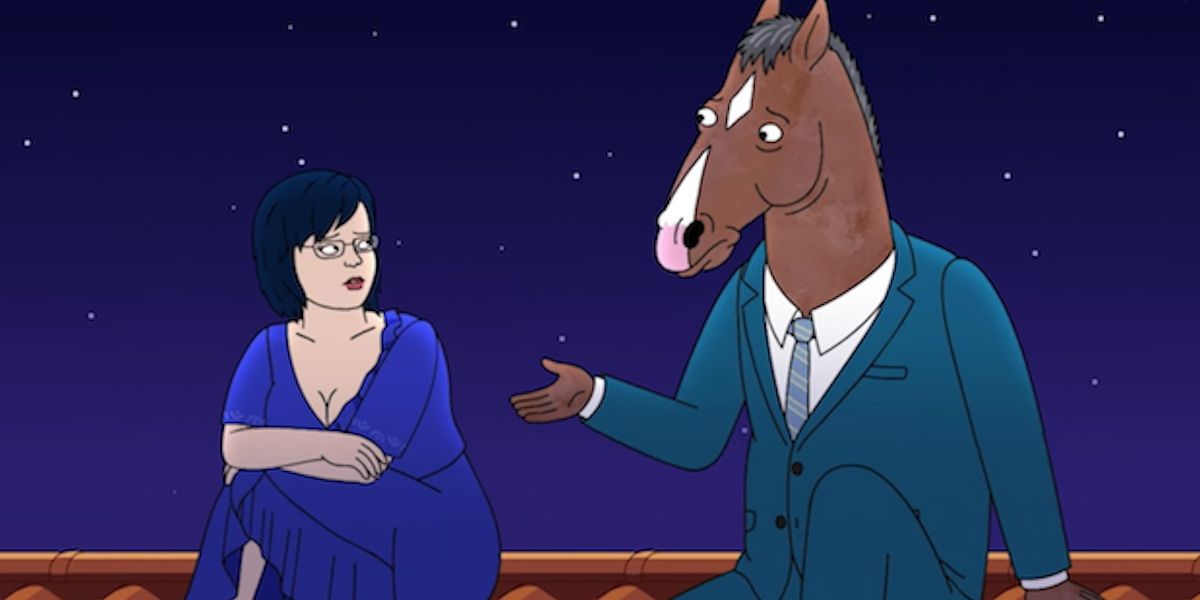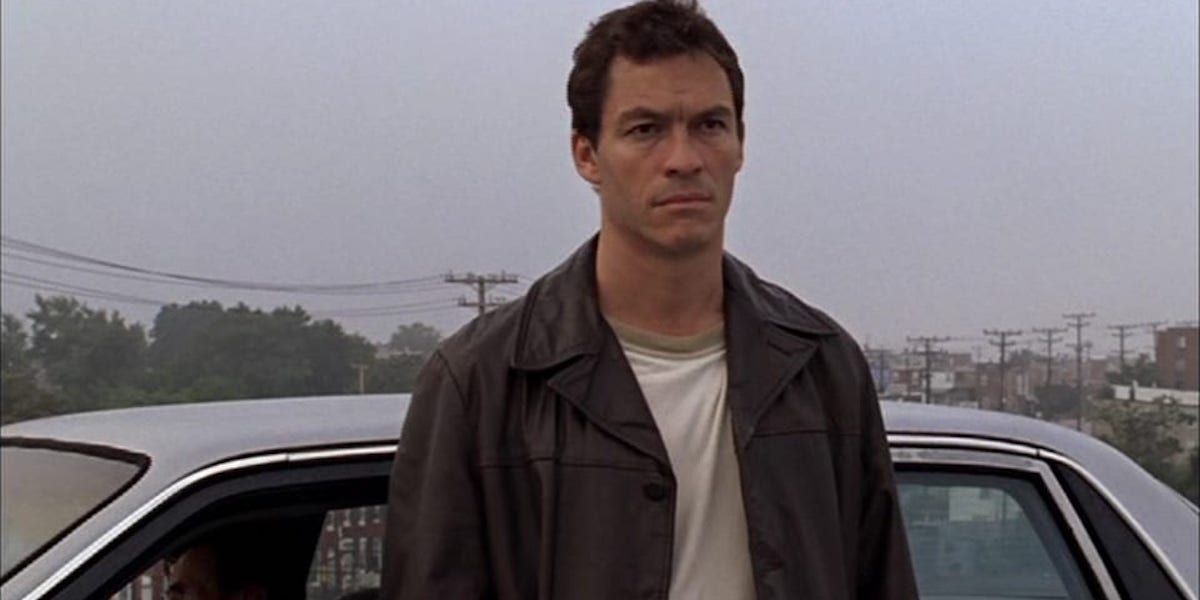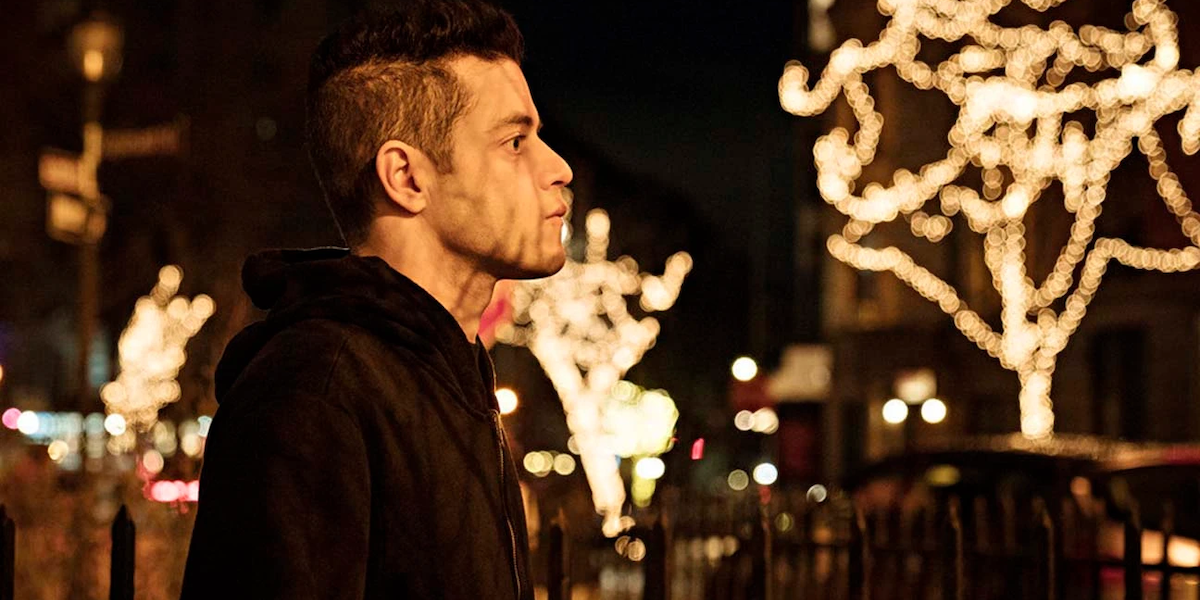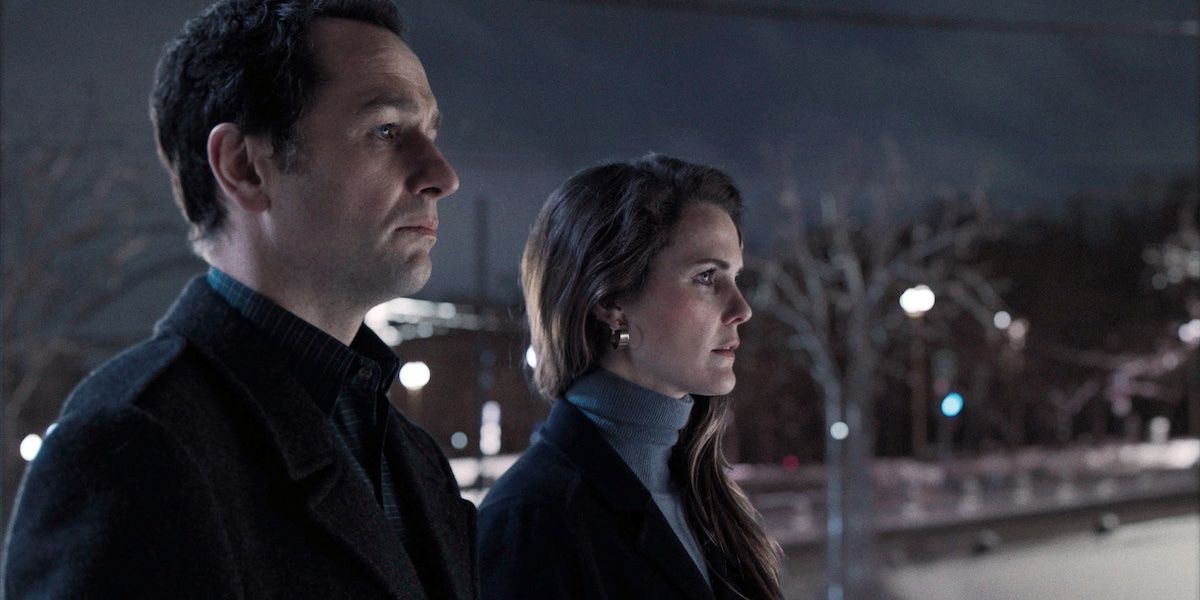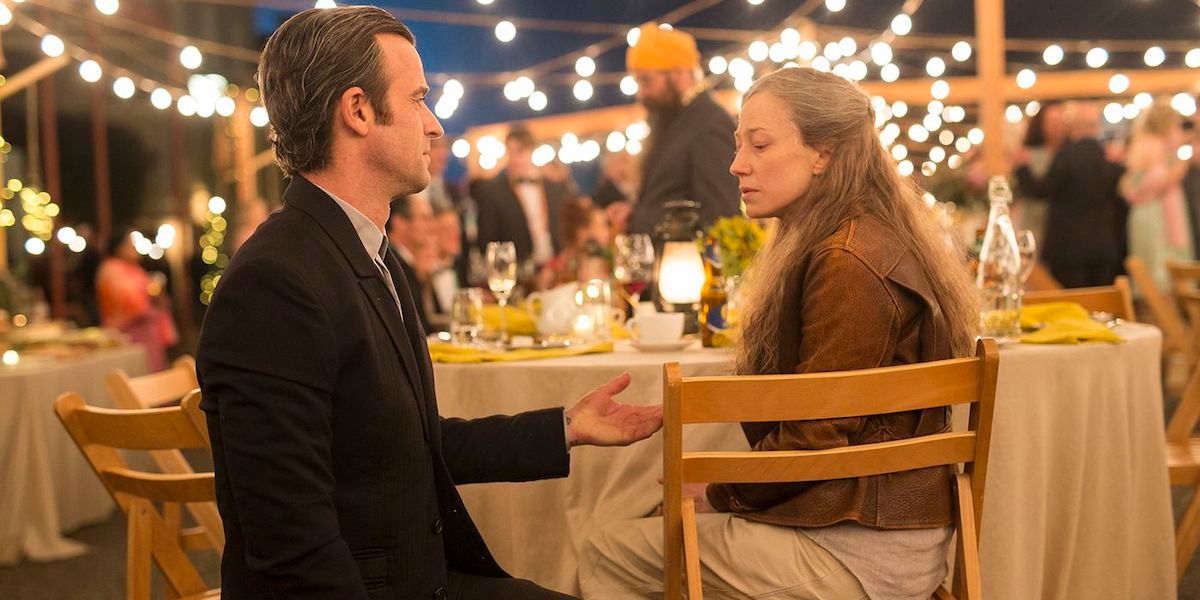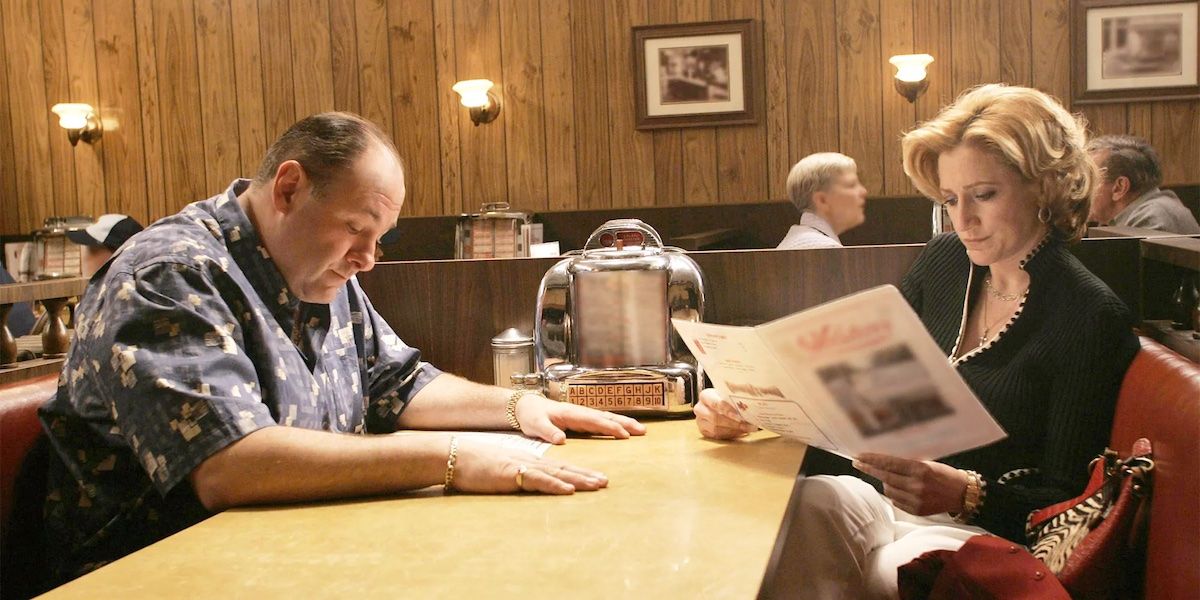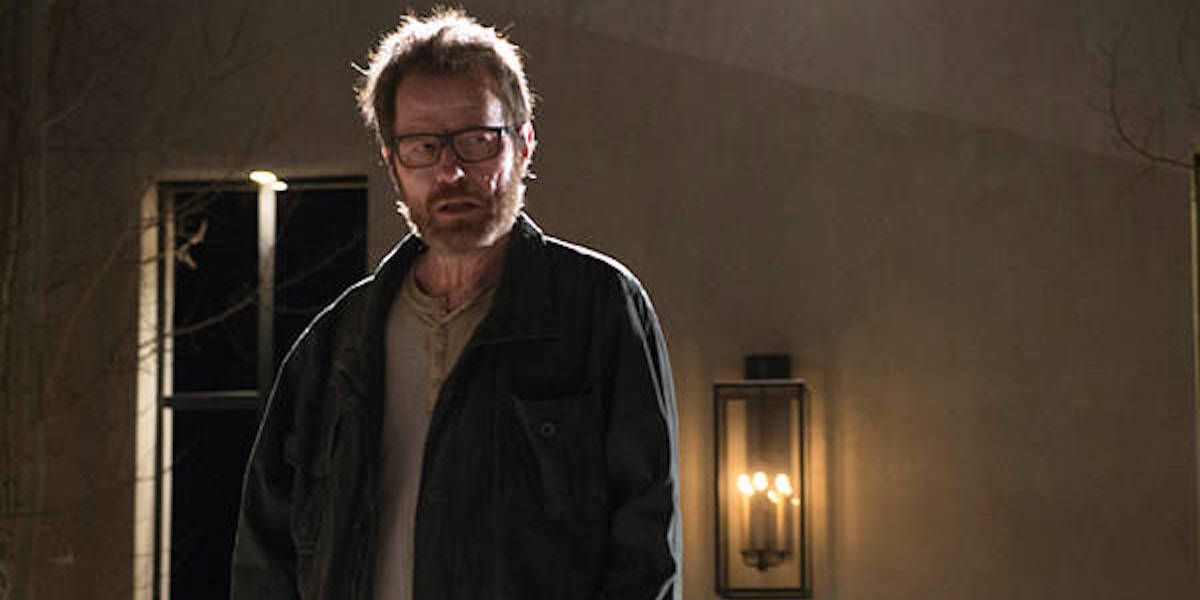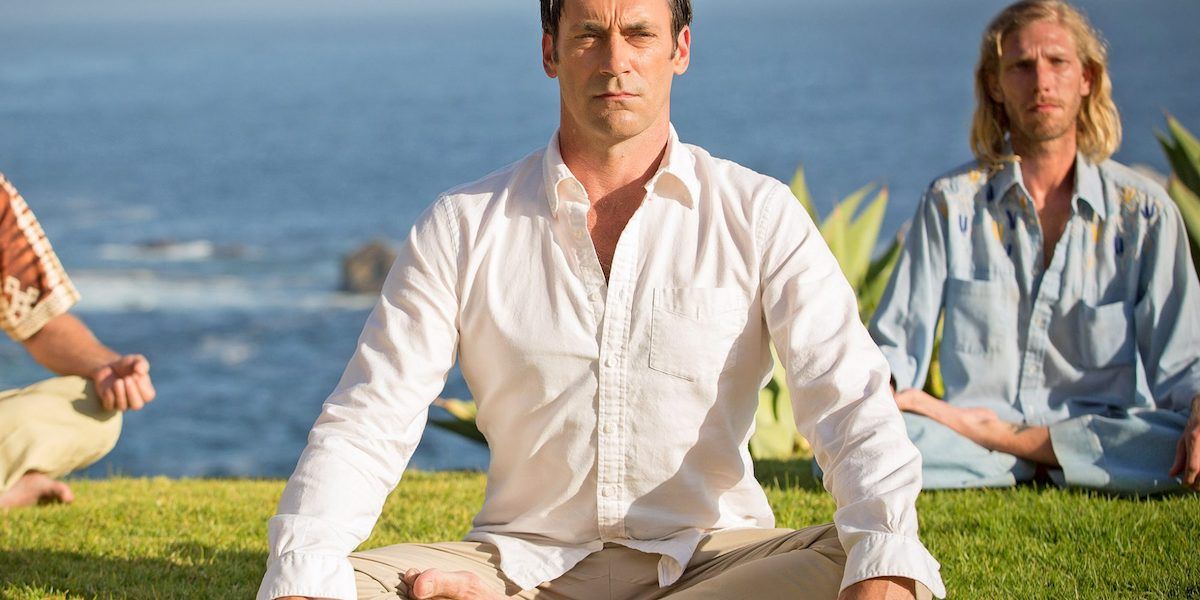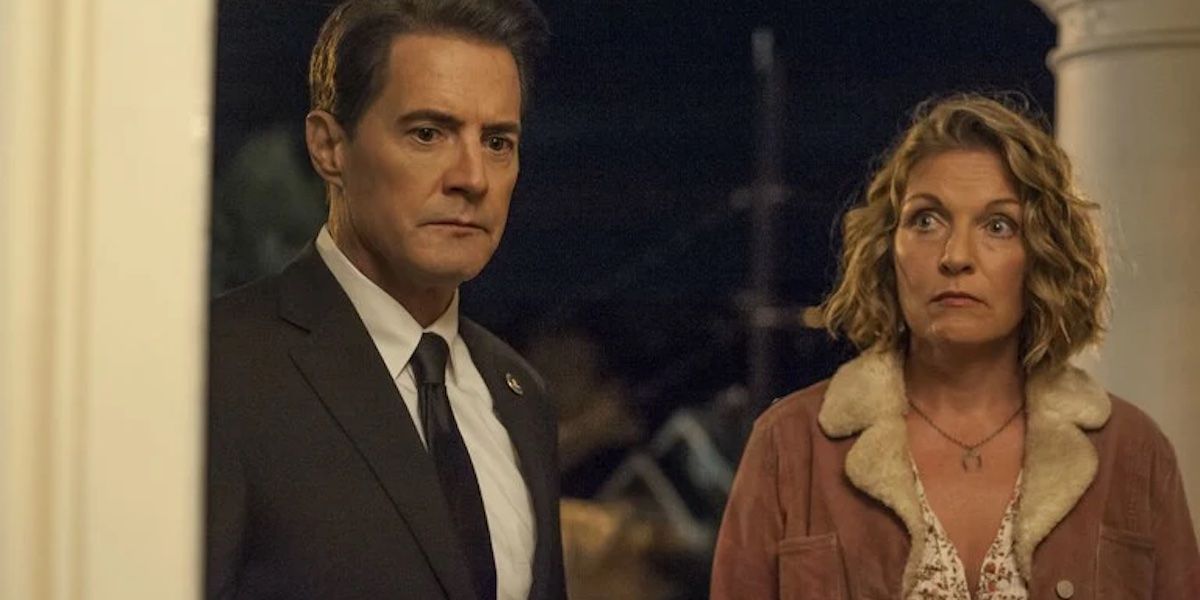As any ardent television fan knows, wrapping up a beloved show is no easy task. Not only must a finale wrap up many seasons of storytelling and provide the characters with a proper send off, but it must justify the years that viewers have invested. Many of the most popular shows of the last two decades have ended on divisive, and even derided endings. Longtime fans of shows like House of Cards, Game of Thrones, and How I Met Your Mother continue to debate if the time they spent watching was worth it after the final episodes aired.
Great series finales have increasingly become a commodity. Due to the rise of streaming and short audience attention spans, there are fewer shows that last for many seasons. There are so many spin-offs, follow-up shows, and connected universes that the idea of a “definitive conclusion” is now pretty rare.
As many of today’s most popular shows look towards their final runs, it's worth celebrating the shows that ended things well. Here are the eleven greatest television finales of the 21st Century, ranked.
11. “Whenever You’re Ready,” The Good Place
The Good Place revealed early within its first season that it was more than just a situational comedy with a quirky conceit; Mike Schur’s vision of the afterlife had shocking plot twists worthy of the best drama shows on air. Over the course of its four seasons, The Good Place was able to ask existential questions without ever losing its whip smart sense of humor. The touching conclusion “Whenever You’re Ready” finally faced the show’s central theme (death) head on, and gave a proper sendoff to Eleanor (Kristen Bell), Chidi (William Jackson Harper), Tahani (Jameela Jamil), Jason (Manny Jacinto), Janet (D’Arcy Carden), and Michael (Ted Danson).
10. “The End,” Lost
The last season of Lost remains just as divisive today as it was when it first aired, and it's completely understandable that some viewers felt as if the series creator Damon Lindelof took an “easy out” with his explanation of the island’s purpose. If you watched Lost for the plot alone then perhaps it was a disappointment, but for those who simply loved the characters, “The End” gives each of the cast members a great final moment. It’s hard to not get teary-eyed listening to Michael Giacchino’s emotional score during the final moments.
9. “Nice While It Lasted,” BoJack Horseman
BoJack Horseman is one of the darkest (and funniest) animated shows ever made, and it's only fitting that the series ended on a somewhat ambiguous note. It’s almost ironic that a show about talking animals ended up being one of the most realistic depictions of mental health in modern storytelling, but BoJack Horseman understood that there’s no way to “solve” things like addiction, anxiety, or depression. “Nice While It Lasted” certainly didn’t absolve the titular horse (Will Arnett) of his misdeeds, but it continued his path towards healing and redemption as he gains something he’s never had before: optimism.
8. "-30-," The Wire
Ironically, the final stretch of The Wire is easily the weakest of its five season run; after the gripping political crisis in season three and the devastating exploration of public education in season four, the dull journalism subplot in the last season felt like a major step down. A show praised for its realism developed ridiculous storylines like a fictional serial killer created by Detective Jimmy McNulty (Dominic West). However, “-30-” was able to end the show where it began: in media res. Despite all that’s occurred, The Wire ended by reflecting that the system never really changes.
7. "Hello, Elliot," Mr. Robot
The last season of Mr. Robot did a great job at interweaving the show’s novel examination of tech culture with a tragic origin story for the hacker Elliot Alderson (Rami Malek). It’s almost impossible to discuss Sam Esmail’s gripping series and not give spoilers for even the first run of episodes, but the explanation for what “Mr. Robot’s” (Christian Slater) true purpose is grew much more emotional than expected. “Hello, Elliot” is less focused on giving definitive answers to all the mysteries than it was developing Elliot’s healing process, and Malek has never been stronger as the character.
6. "START," The Americans
The Americans was a fascinating Cold War series because as much it focused on the minutia of spycraft, it was really about the realities of a marriage. From the very beginning, it was clear that the covert Soviet Union spies Philip (Matthew Rhys) and Elizabeth Jennings (Keri Russel) would eventually be discovered, and they’d have to decide what consequences their children Paige (Holly Taylor) and Henry (Keidrich Sellati) would have to face. “START” gives each of them the agency to make their own decisions, and finally proved that the Jennings’ FBI agent and next door neighbor Stan Beeman (Noah Emmerich) wasn’t as clueless as he seemed.
5. "The Book of Nora," The Leftovers
As he proved with both Lost and again with Watchmen, Damon Lindelof likes to leave things up for debate. While Lost may have divided viewers with its revelations, The Leftovers finale was widely acclaimed for bringing the show to a thoughtful thematic conclusion. Making a jump forward in time is a bold plot mechanic that easily could’ve gone the wrong way, but “The Book of Nora” kept the show focused on the central romance of Kevin Garvey (Justin Theroux) and Nora Durst (Carrie Coon). It certainly didn’t ignore the amazing ensemble, but The Leftovers showed again that there’s nothing more powerful than two people who form a connection.
4. "Made in America," The Sopranos
Don’t stop believing! Many longtime The Sopranos fans may have double-checked their television sets to see if they cut out during the show’s shocking fade to black. Did Tony (James Gandolfini) die? Did he escape? Were Meadow (Jamie-Lynn Sigler) and A.J. (Robert Iller) able to escape their father’s legacy? “Made in America” left things up for debate, but one thing was clear; the pressing anxiety of Tony’s lifestyle creates a looming shadow that nobody will ever be able to fully escape.
3. "Felina," Breaking Bad
It was clear by the final run of Breaking Bad that Walter White (Bryan Cranston) had completed his five season transition from hero to villain. Unfolding like a five act Shakespearean tragedy, Breaking Bad ends with Walt in the most vulnerable position he’s ever been in. Separated from his family, Walt is forced to reassess what he really cares about, and Vince Gilligan gives him one last challenge to scheme his way out of. Although “Felina” gave Aaron Paul’s Jesse Pinkman one last chance to reflect on his mentor’s crimes, the spinoff film El Camino: A Breaking Bad Movie was a worthy follow up.
2. "Person to Person," Mad Men
If Breaking Bad felt like Shakespeare, then Mad Men unfolded like a great American novel that reflected on the passing of time. It was only fitting that if the series began during the first days of the ‘60s, then it should end during the confusion and paranoia of the ‘70s. Mad Men brought the employees of Sterling Cooper Draper Pryce into the new decade, where they’re met with a new level of corporate domination that was previously unheard of, even in the advertising world. That being said, the gorgeous final montage is perhaps the most sincere moment of Matthew Weiner’s entire series. There was no way to end Don Draper’s (Jon Hamm) story without the most iconic brand in advertising: Coca-Cola.
1. "Part 18," Twin Peaks: The Return
“What year is this?” If you love the challenging ambiguity, weirdness, and debates that come with David Lynch, then Twin Peaks: The Return was a weekly gift that deepened the mythology of the highly influential original series. The original Twin Peaks used the death of Laura Palmer (Sheryl Lee) to deconstruct the titular small town; The Return deconstructed the show itself, exploring nostalgia, history, storytelling, television, and symbols from Lynch’s entire filmography. While the original 1991 season two finale “Beyond Life and Death” ended with a game changing cliffhanger, “Part 18” of The Return gave it a run for its money.

